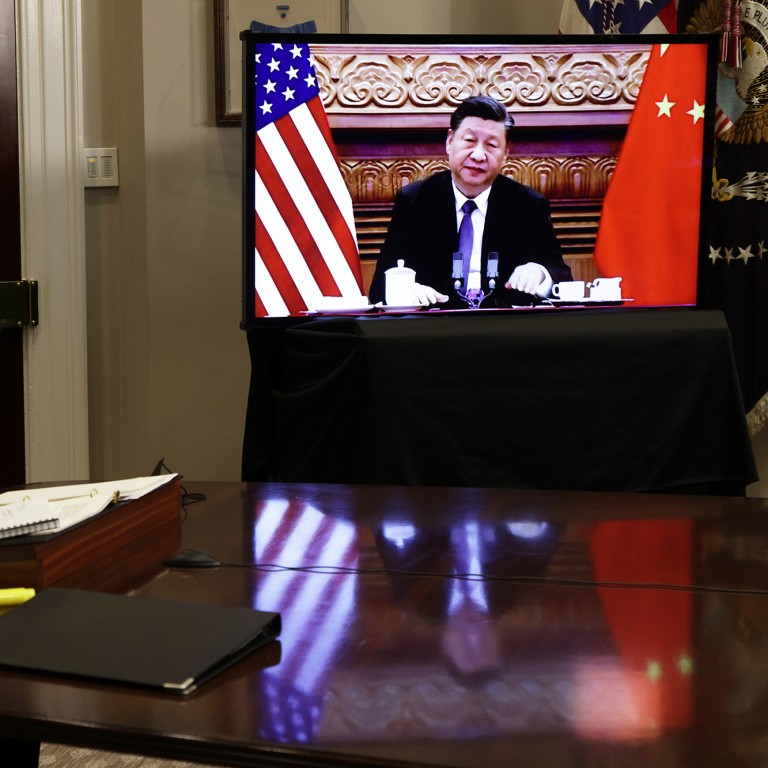
Joe Biden says call with Xi Jinping due within ‘next 10 days’, casts doubt on Pelosi trip to Taiwan
- Leaders’ discussion would follow escalated rhetoric over Washington’s frustration with Beijing’s refusal to condemn Russia’s invasion of Ukraine
- Asked about House Speaker Nancy Pelosi possibly visiting Taiwan, US president says military leaders advised ‘it’s not a good idea right now’
“I think I’ll be talking to President Xi within the next 10 days,” Biden told reporters in Washington after they travelled with him on a one-day trip to Massachusetts.
However, when asked Wednesday about the possibility of her visit, Biden said: “I think that the military thinks it’s not a good idea right now, but I don’t know what the status of it is.”
Asked what he would tell his Chinese counterpart about the tariffs, Biden quipped: “I’ll tell him to have a good day.”
‘Ineffective’ tariffs on Chinese tech imports cost US firms US$32 billion
Meanwhile, Washington’s frustration over Beijing’s refusal to condemn Russia’s invasion of Ukraine, a conflagration that has driven up food and energy prices worldwide, has prompted the Biden administration to double down on support for the Eastern European country with deliveries of military hardware and other aid.
Additional reporting by Owen Churchill

